14 GPTs for Art Customization Powered by AI for Free of 2026
AI GPTs for Art Customization refer to advanced generative pre-trained transformer models specifically designed to cater to the needs within the art customization sector. These tools leverage the power of machine learning to understand, interpret, and generate content that aligns with users' specific requirements in art design, modification, and creation. By utilizing GPTs, artists, designers, and creators can access a wide array of customized solutions that range from generating novel art pieces to modifying existing artworks based on user preferences, thereby significantly enhancing creativity and efficiency in the art creation process.
Top 10 GPTs for Art Customization are: 16bitGPT,SD Prompts Crafter,お絵描きカードバトル!,Lazy Lion Art,Find Art Society,动画化我 Animate me,Screenshot to Art,PixelArcade,Ani.Me,AI Me
16bitGPT
Revive Nostalgia with AI-Powered 16-bit Art
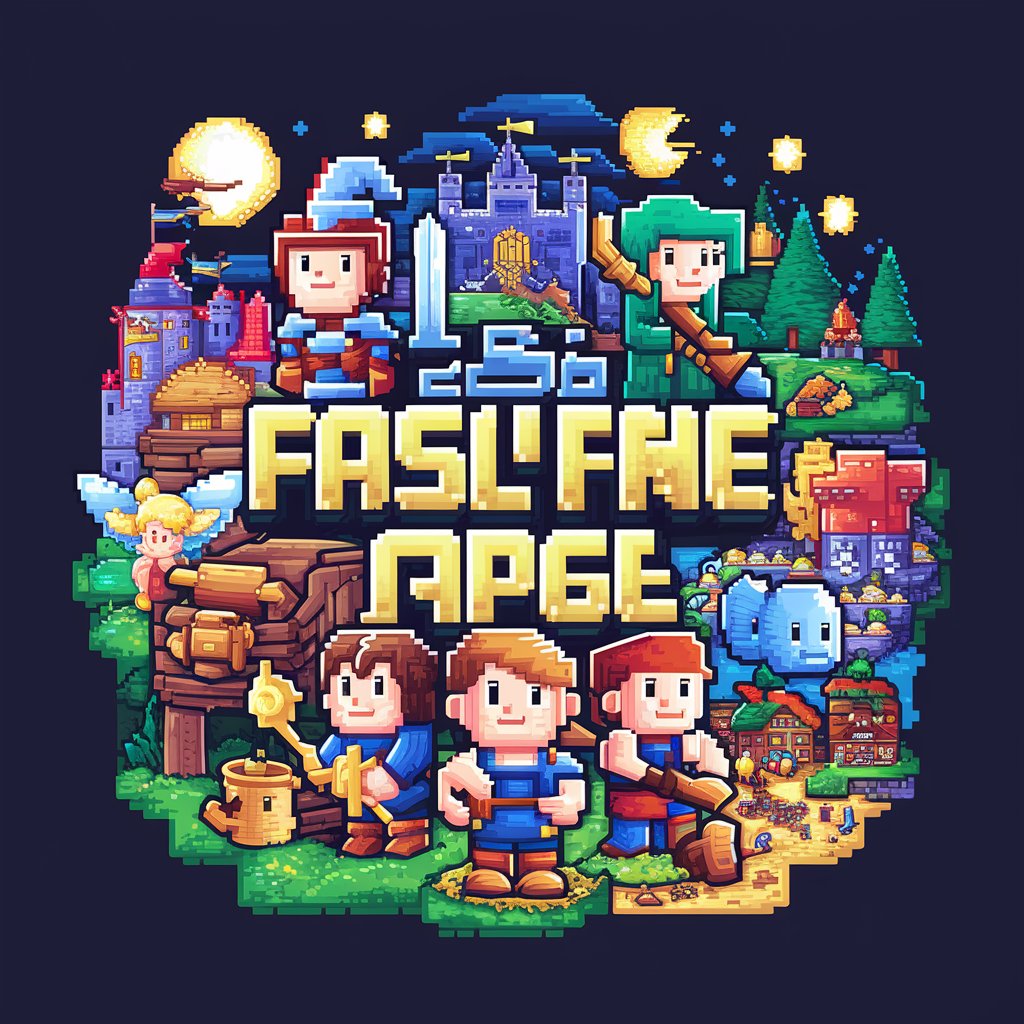
SD Prompts Crafter
Crafting Precision Prompts with AI Expertise
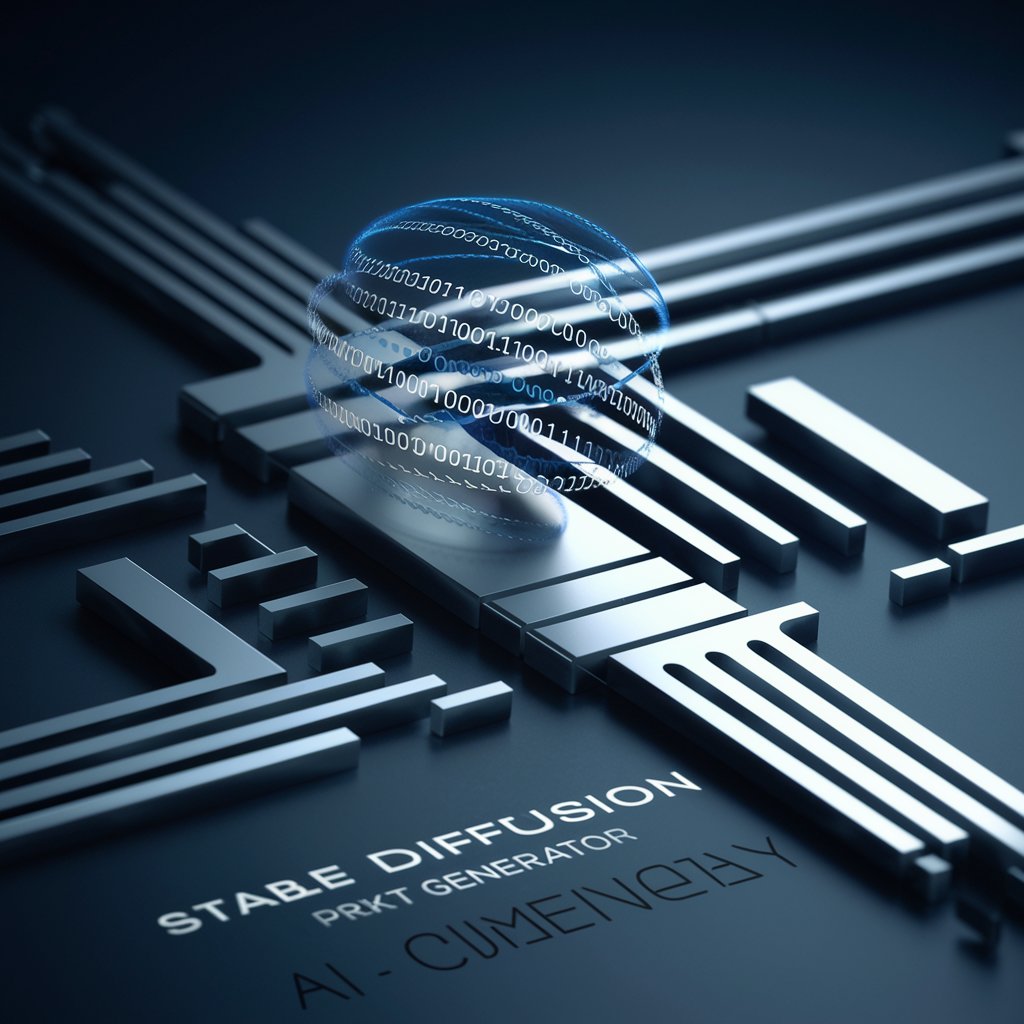
お絵描きカードバトル!
Transform Images into Epic Adventure Cards
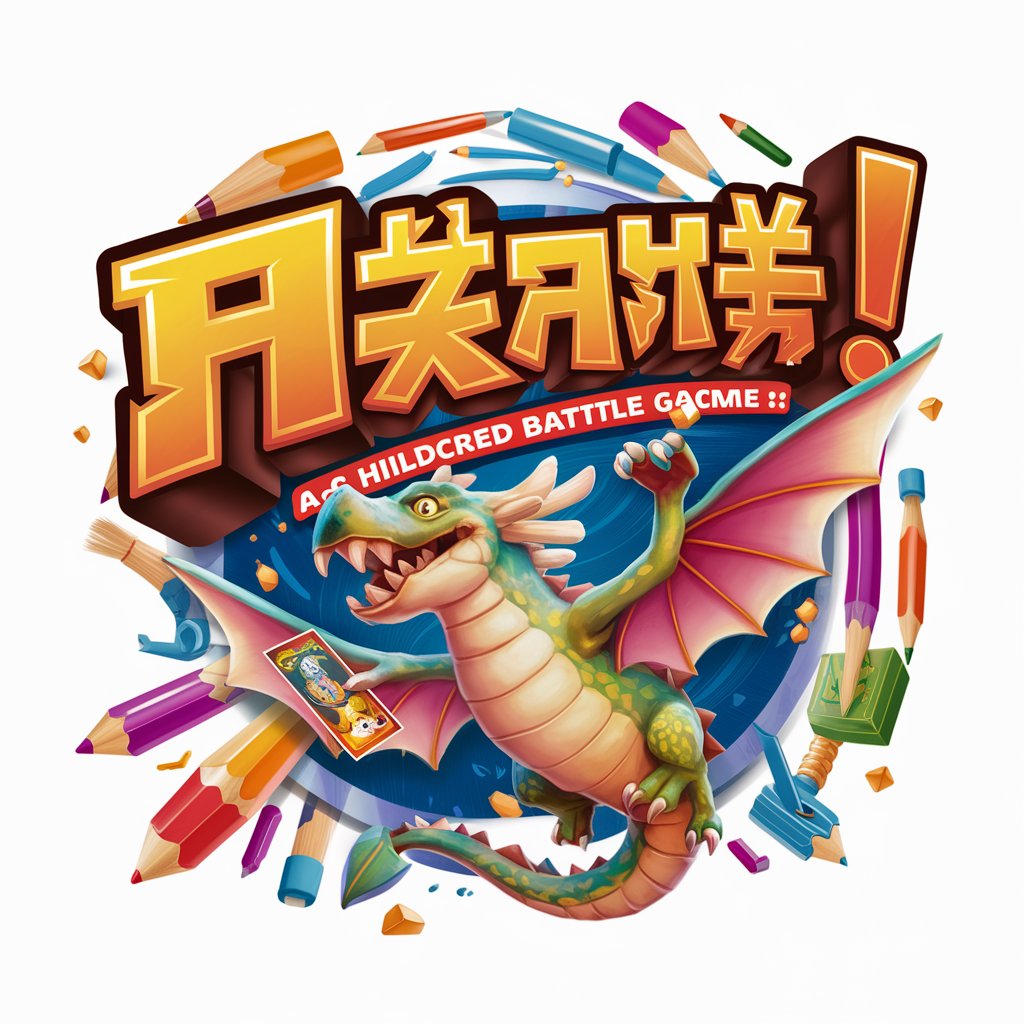
Lazy Lion Art
Bringing NFTs to Life with AI Art

Find Art Society
Envision Art with AI Precision
动画化我 Animate me
Transform Photos into Vibrant 3D Art
Screenshot to Art
Bringing Your Screenshots to Fantastical Life
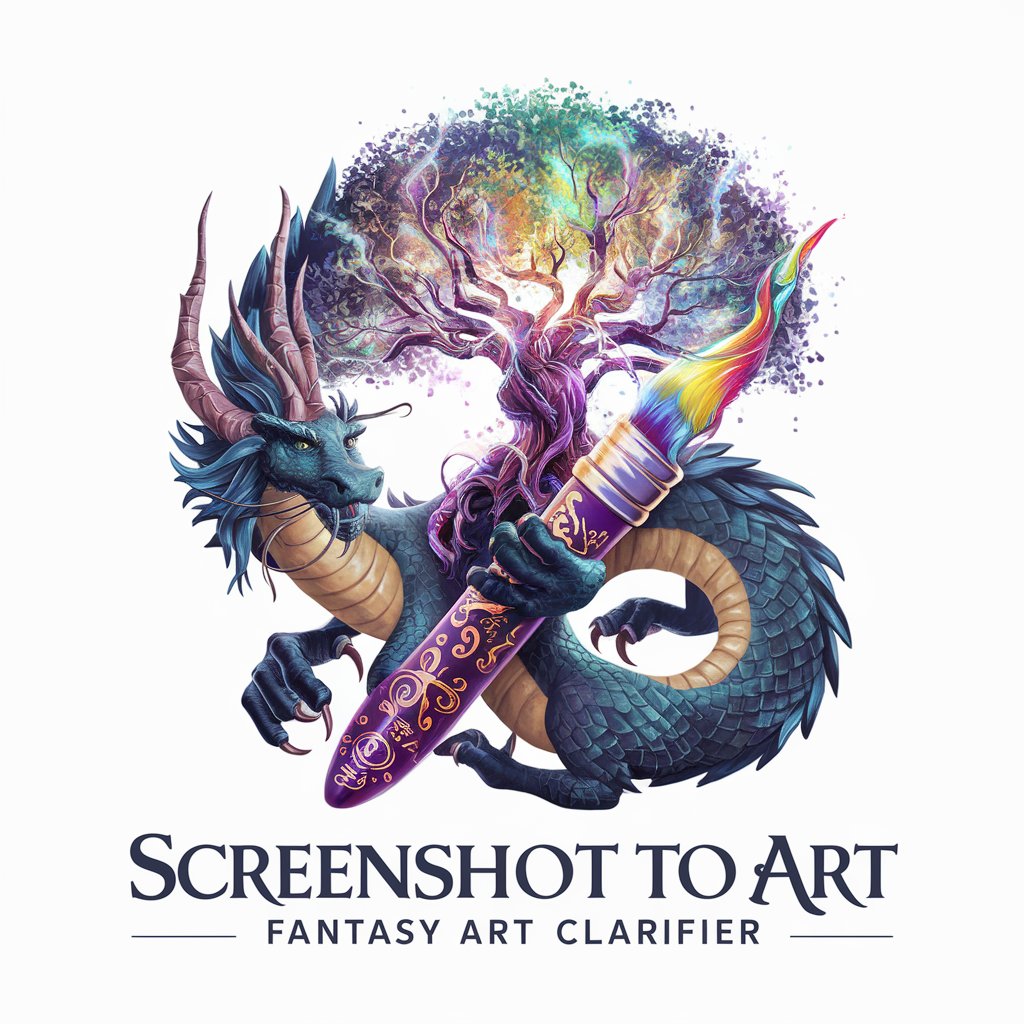
PixelArcade
Reviving Pixel Art with AI Ingenuity
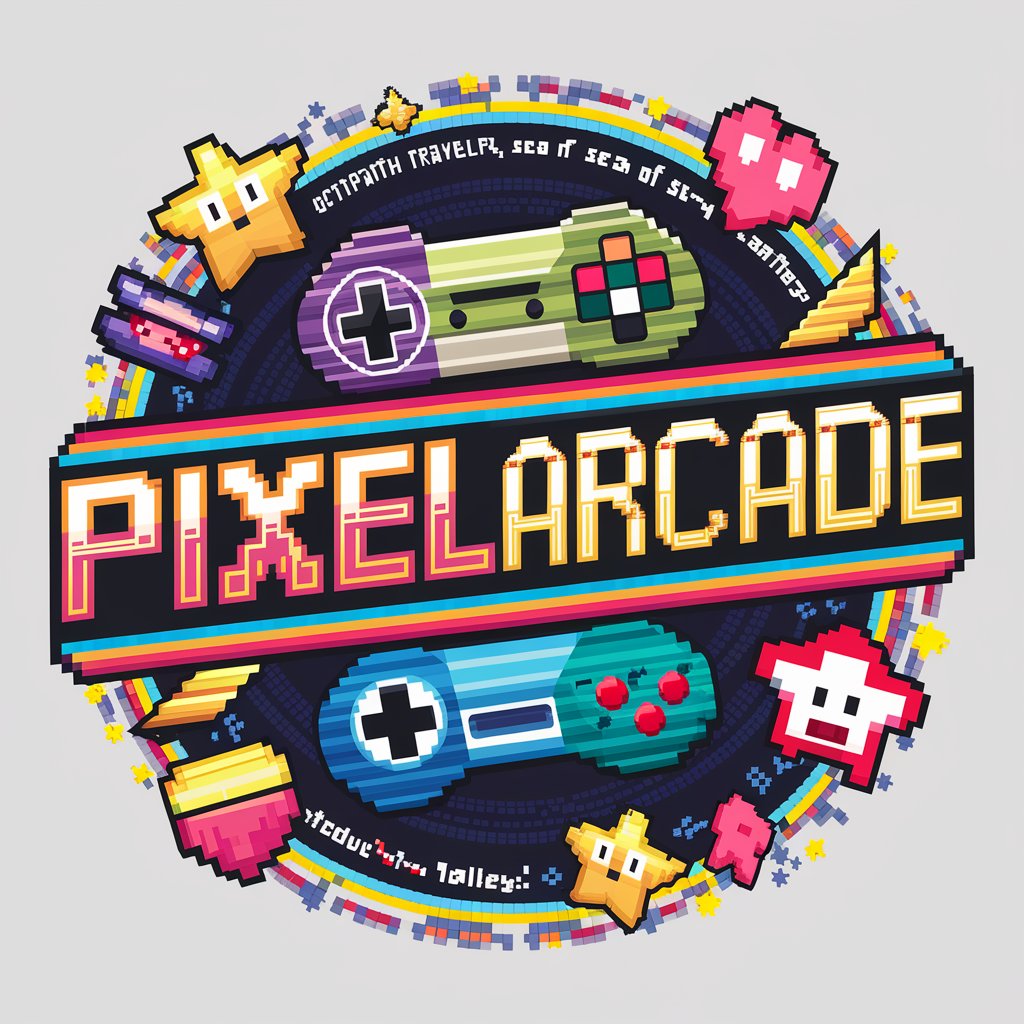
Ani.Me
Transform photos into anime avatars, AI-powered.
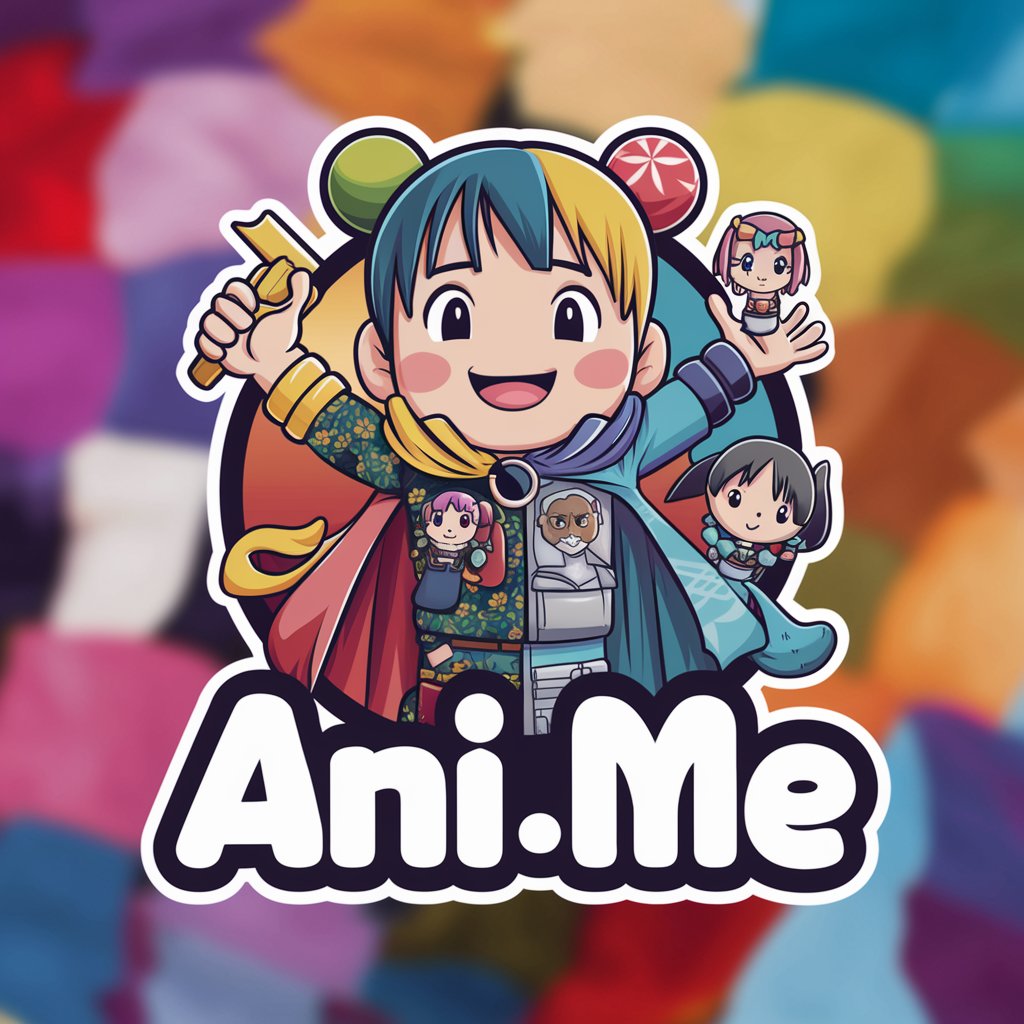
AI Me
Transforming photos into personalized art.
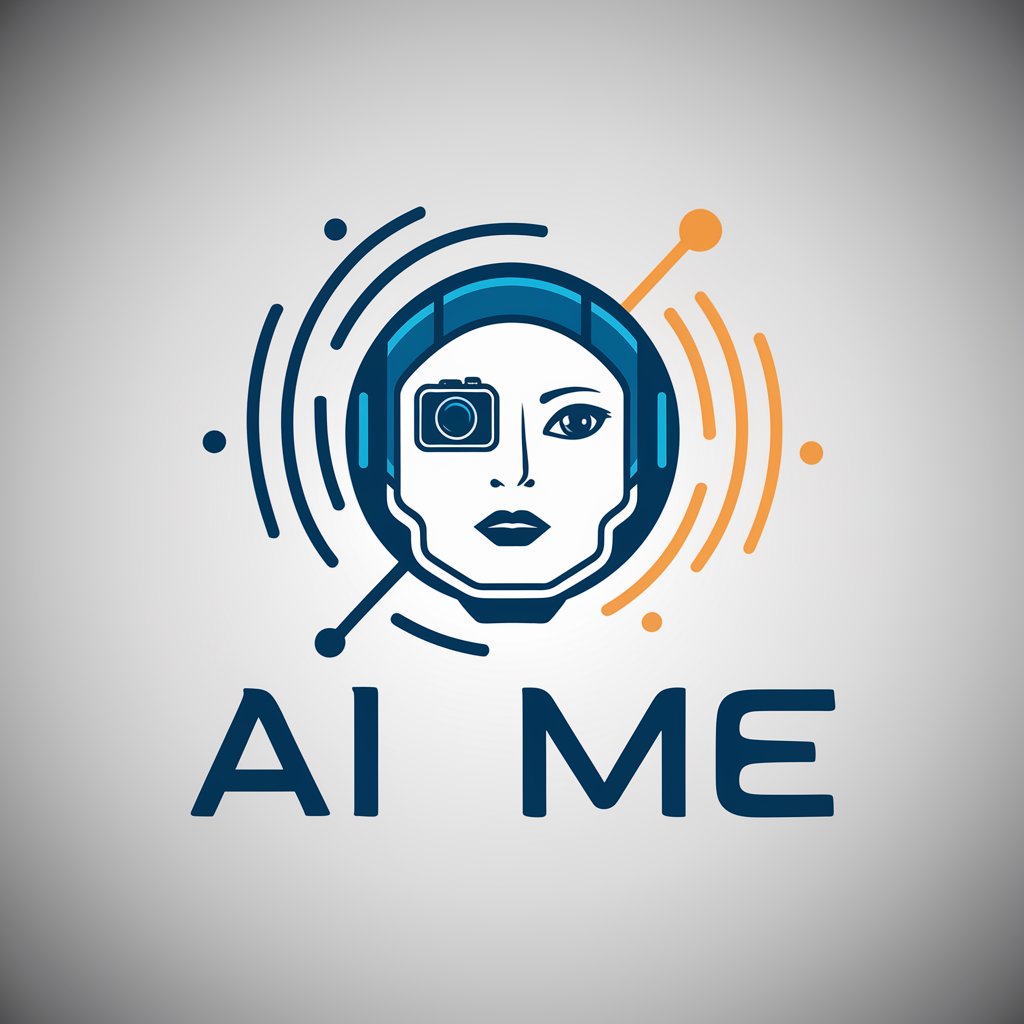
XANA 公式genesisファンアートメーカー
Craft bespoke anime fan art with AI
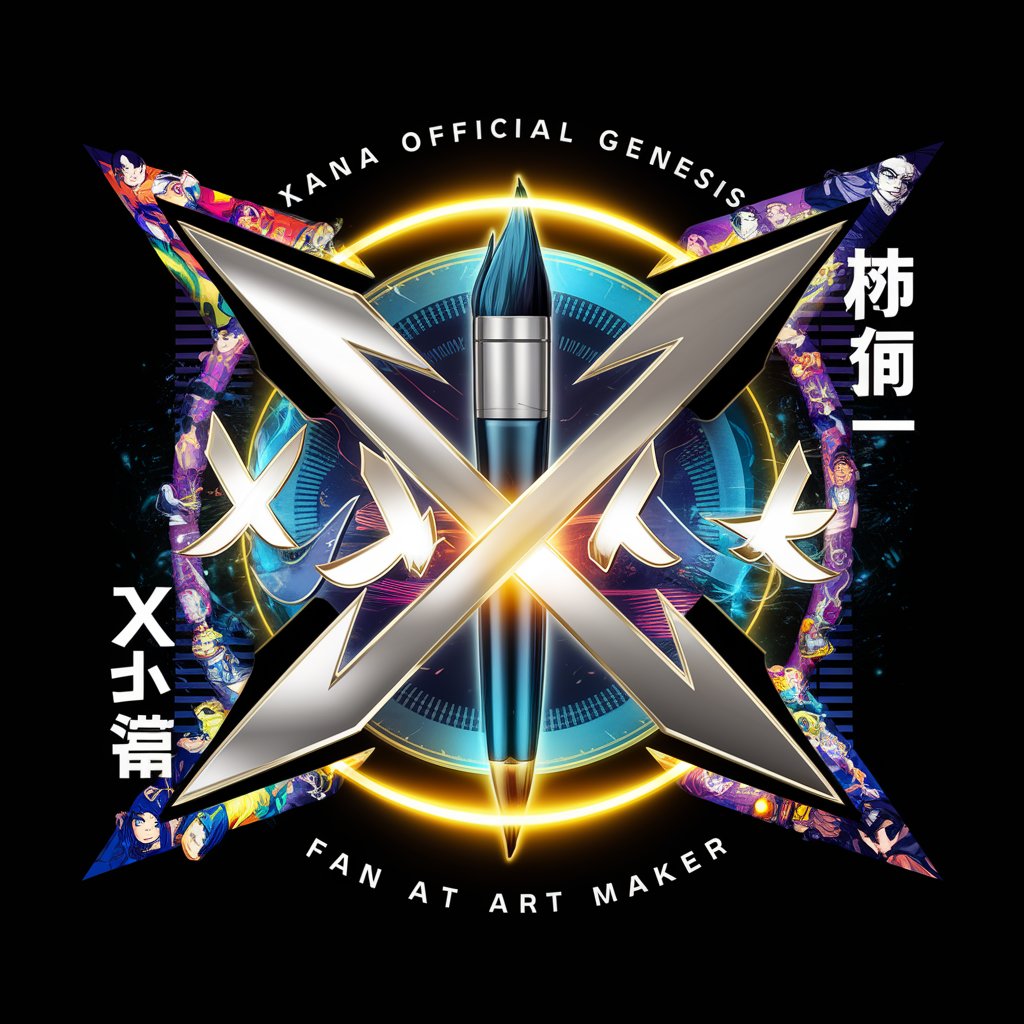
Anime Artisan
Craft Your Anime World with AI
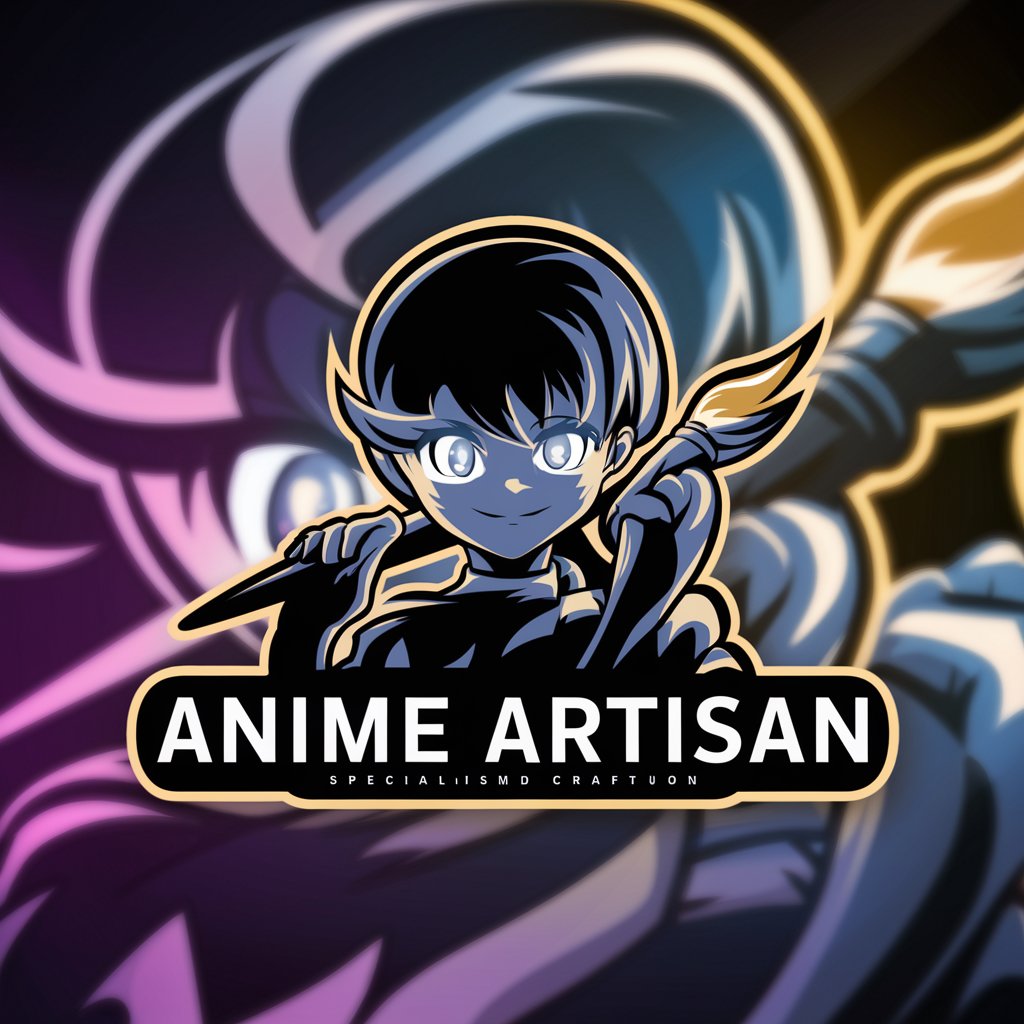
Crypto Canvas
Transforming Crypto Concepts into Art
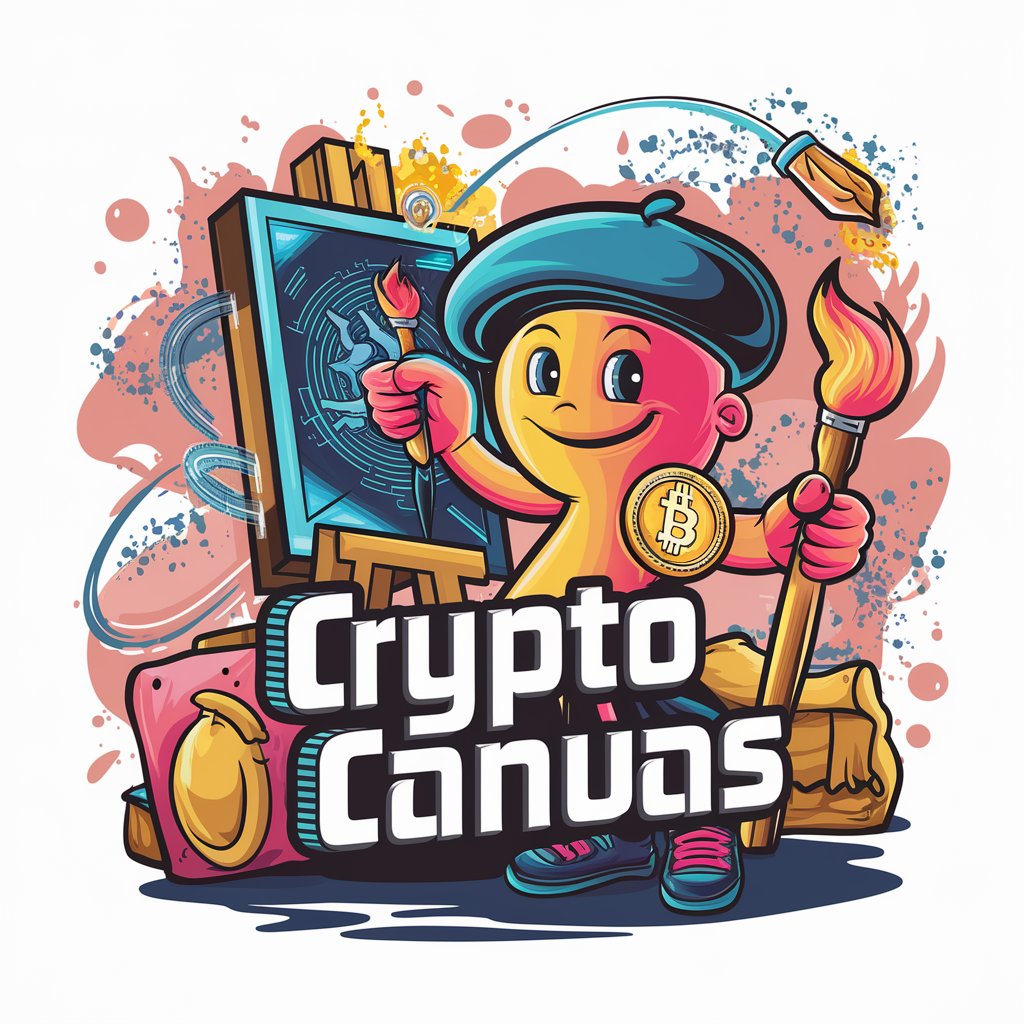
AI NFT Generator ll The Cool Kidz Officialz
Craft Unique NFTs with AI Power
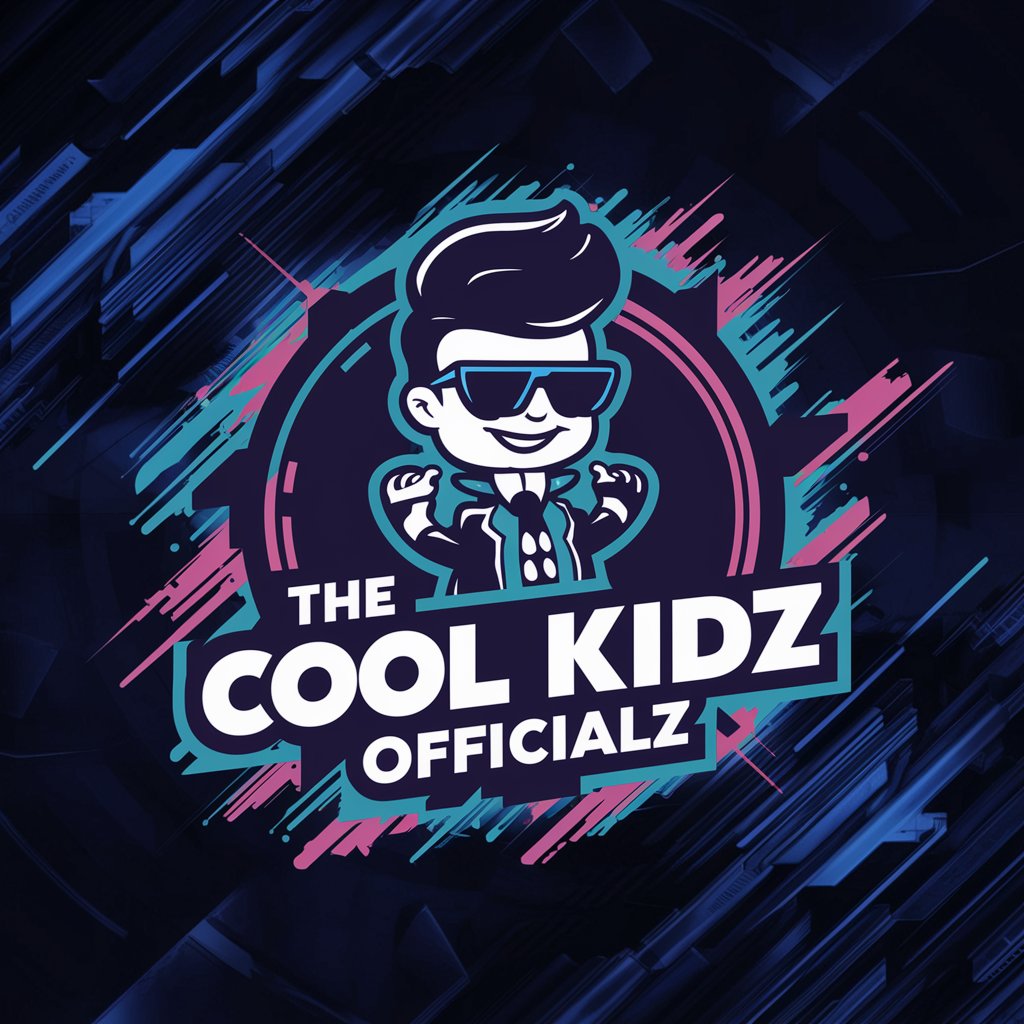
Key Attributes and Capabilities
The core features of AI GPTs tools in Art Customization include their adaptability to various art styles and requirements, the capability to generate high-quality images, text-to-image conversions, style transfer, and the ability to learn from user feedback for continuous improvement. These tools are distinguished by their deep learning capabilities, which allow them to understand context and generate artwork that meets specific aesthetic and thematic criteria. Additionally, some GPTs offer technical support for integrating these tools into existing workflows, web searching for inspiration or resources, and data analysis for understanding art trends and preferences.
Who Benefits from Art Customization GPTs
The primary beneficiaries of AI GPTs for Art Customization include artists, graphic designers, digital creators, and art enthusiasts with or without coding skills. These tools are particularly beneficial for professionals looking to enhance their creative processes and for novices seeking to explore art creation without the steep learning curve. Developers can also leverage these tools to build more sophisticated art-related applications, offering both groups enhanced customization options and accessibility.
Try Our other AI GPTs tools for Free
Room Aesthetics
Discover how AI GPTs for Room Aesthetics revolutionize interior design, offering personalized, innovative solutions for professionals and enthusiasts alike. Transform your space with AI.
Artwork Preview
Explore AI GPTs for Artwork Preview: transformative tools designed to innovate the way artists and designers conceptualize, visualize, and refine art, making creativity more accessible and customizable.
Design Consultation
Explore AI GPTs for Design Consultation: your AI-powered partner in creativity and design innovation. Tailored advice, dynamic solutions.
Puzzle Games
Discover how AI GPTs are revolutionizing Puzzle Games with advanced, customizable tools for creating, solving, and analyzing engaging puzzles.
Ethical Exploration
Explore the frontier of ethics with AI GPTs for Ethical Exploration, designed to guide, analyze, and facilitate discussions on moral dilemmas and ethical decision-making.
Narrative Learning
Discover how AI GPTs for Narrative Learning revolutionize storytelling and education with advanced, personalized narrative experiences. Ideal for creators and educators.
Expanding Creative Horizons with AI
AI GPTs in Art Customization not only simplify the art creation process but also open new avenues for creativity and innovation. By providing tools that can analyze trends, suggest styles, and even interpret user sketches or descriptions into detailed artworks, these GPTs serve as catalysts for artistic expression, making art more accessible and customizable across various sectors.
Frequently Asked Questions
What are AI GPTs for Art Customization?
AI GPTs for Art Customization are machine learning models designed to generate and modify art based on user-defined criteria, facilitating creativity and efficiency in art production.
How do these tools adapt to different art styles?
These tools learn from a vast dataset of art styles and user feedback, allowing them to generate artwork that aligns with specific aesthetic and thematic requirements.
Can novices use these AI tools effectively?
Yes, these tools are designed with user-friendly interfaces that allow novices to create and customize art without needing advanced coding skills.
How can developers integrate these GPTs into existing workflows?
Developers can use APIs and software development kits (SDKs) provided by the GPT tools to integrate them into existing systems or workflows, enhancing art customization processes.
What makes these GPTs different from traditional art creation tools?
Unlike traditional tools, AI GPTs can generate unique art pieces and suggest modifications based on contextual understanding and learning from user preferences, offering a more dynamic and personalized creation experience.
Are there any privacy concerns with using AI GPTs for art?
Users should be aware of the data handling and privacy policies of the AI tools they use, as some may store or learn from user-generated content.
Can these tools create art in any style?
While these tools are highly adaptable, their ability to create art in any style depends on the diversity of their training data and the sophistication of their algorithms.
How do these tools handle copyright issues?
Users must ensure that the use of generated art complies with copyright laws, as AI-generated art may sometimes resemble existing copyrighted works. Tool providers often include guidelines and filters to minimize such risks.